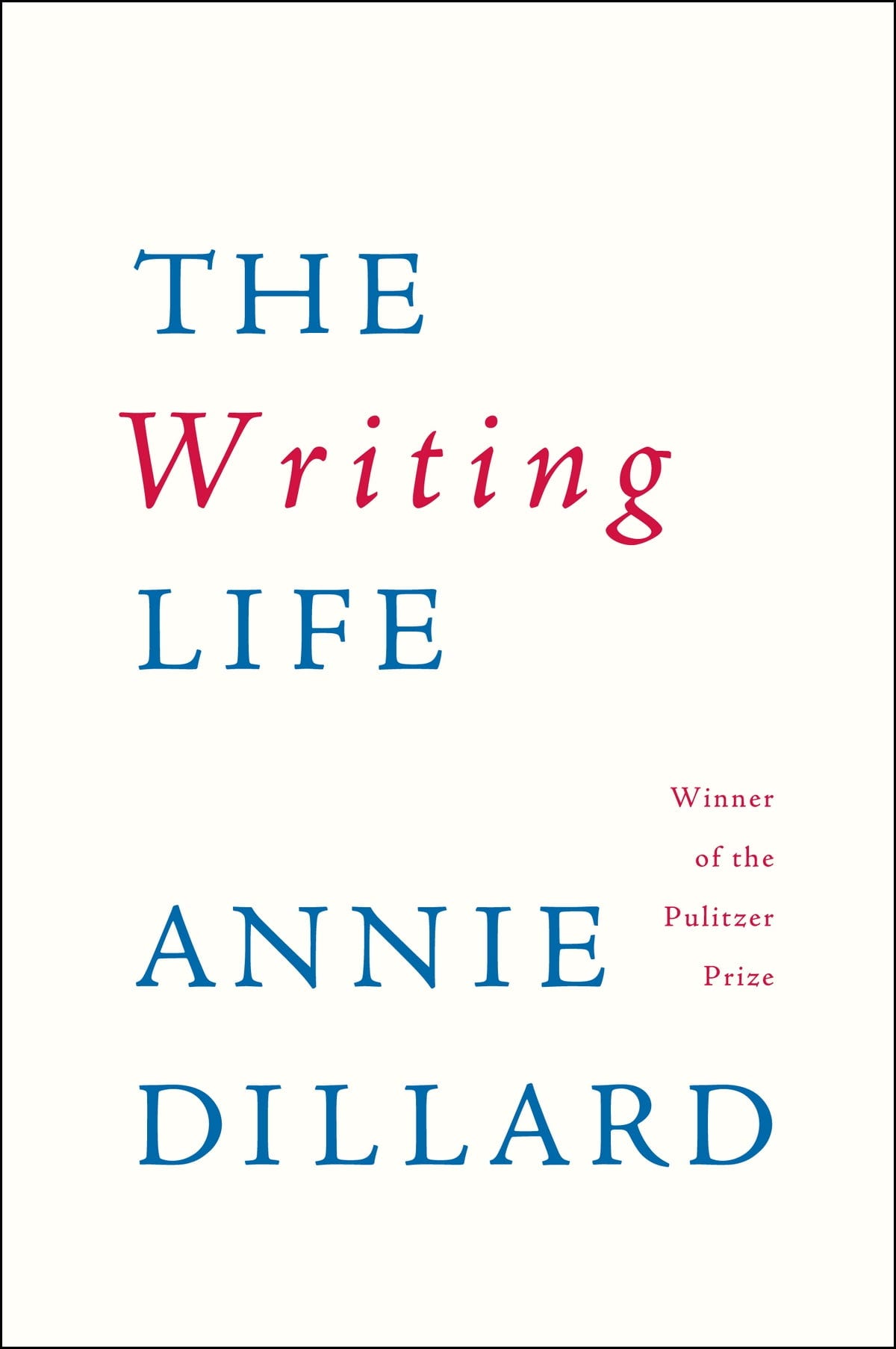Hello, and happy Monday.
This newsletter is dropping in your inbox a little later than normal, as I’m still recovering from the few months of intensity that have been my start to 2022. This coming week is our Spring Break, so I am using this week to recalibrate my days and really attune myself to what my body needs. While I’ve definitely used my ear as my editor for my writing, I haven’t been listening as closely to the rest of me.
✏️ Still processing.

One thing I’ve realized recently is how much my writing habits—or, perhaps, the ways that I sustain my writing practice—have changed with age. Whether it’s the circumstances of being an adult and doing adult things on top of the writing, or my body changing as I got older, I definitely don’t write like how I used to.
I remember my time in college with amazement. I would always write to a deadline. Usually, I’d have a plan—2 days for smaller essays, 7 days for my final papers. I especially remember my routine during my finals period. I’d wake up, eat breakfast, get to the library by 8AM and stay there until 6PM. (I couldn’t work when the sun went away. This is still true.) Yes, I’d take some tea breaks, but for the most part, I’d be pretty focused in my writing tasks. I’d then have dinner and watch some TV before falling asleep to do it all over again.
I remember also doing this sort of thing when I had to write seminar papers for grad school courses. I’d go to the grad student section of the library for the whole day and not come out until 6PM.
I look back with amazement because if I were to do that today—for even one week—I don’t think my body would make it.
I frame this in terms of my physical ability and not in the context of my age because part of what I’m getting at here is a desire to listen to my body more. Sure, I could say that of course I cannot do what I once did because the circumstances have changed. Whereas in college I had the privilege of being able to dedicate myself fully to schoolwork, now there is just so much more to think about. Cooking and payments and appointments, etc. etc. And while this is true, I actually see my limitations manifest in my body and its ability to sustain the work that I’m doing.
Now, I can’t focus for more than an hour without getting up and walking around my office. If I’m reading at my desk, I have to have a bookstand because my neck starts hurting after some time if it merely rests on the table. (I like reading in armchairs with footstools for this reason.) I can’t focus on writing for more than five hours a day. My mind refuses. After a certain period of time, I must resign to the fact that I have to do something less involved.
At times, I am deeply frustrated by these bodily limitations. There are moments when I feel compelled to write, and to keep writing, but my body and my brain just won’t let me. While my determination remains intact, I can feel the diminishing returns each minute more I sit at my computer.
I write this not because I have a solution or because I have made peace with the understanding that this is currently where I am at. I write this because it is something that I have only just come to acknowledge, and I wonder if there are others out there who also are learning about the limitations of their body in relation to their work. What does it mean to acknowledge these changes? What does it mean to recognize that any practice, any routine, is dynamic and changes over time?
📚 Still reading.
Kim, Jinah. Postcolonial Grief: The Afterlives of the Pacific Wars in the Americas. Durham: Duke University Press, 2019.
I decided to re-engage with my goal of reading one piece of scholarship a week by selecting a book that has been on my list since it first came out. While I am not a literary scholar, I love the ways in which this work thinks about affect theory and its relationship to the afterlives of colonization.
Postcolonial Grief analyzes at cultural production in the Japanese and Korean diasporas to understand how imperial violence—both in the American and Japanese contexts—has resulted in a particular structure of feeling that she terms “postcolonial grief.” This feeling is a result of the inability to measure or mourn the deaths that resulted from this violence because they have been rendered invisible or negligible by the colonizing state. It thinks through how literature and expression in the diaspora allows for the processing of this grief and a way to move towards a decolonial politics.
I want to highlight two things that I thought were really well articulated in this book—ideas that I am taking with me into my future understandings of imperialism and the Pacific.
First, is the explicit understanding of the Pacific as a “rejuvenating site for US capitalism,” (17). As I’ve talked about before in other “Still Reading” entries, there is a direct relationship US imperialism and racial capitalism, as empire is meant to serve the goal of the endless accumulation of capital. Kim talks about this relationship in direct relation to the Pacific, and how the erasure of death in Asia, the Americas, and the Pacific Islands is meant to serve the US vision of the Pacific as a place of potential—the fulfillment of American happiness.
Second, I feel a greater understanding of what “postcolonial” means through Kim’s framing of it as a “deferred decolonization,” (12). Rather than understanding this word as what comes after colonization ends—understanding the “post” in “postcolonial” as merely meaning “after”—we should understand the “post” to really signify the altered state of a space that has been ravaged by colonization. The effects of colonialism can still be felt—it haunts the body politic. From this postcolonial grief emerges as a way to contend with the afterlives of imperialism that still continue to haunt—to mourn those that were lost but were rendered invisible, as though they never existed at all.
While this text is a bit out of my wheelhouse disciplinarily, it was still an important book for me to read, just in the sense that it offered a new perspective on how to understand and contend with loss in the context of empire.
🌀 Still consuming.
In the bookshop:
Currently Reading: The Idiot by Fyodor Dostoevsky
On Deck: The Idiot by Elif Batuman
The image above reflects conversations from a February 24th colloquium at UC Davis, “New Directions in Transnational SWANA Studies.” The event was put on by the Cultural Studies Graduate Group, and featured Roozbeh Shirazi, Waleed Mahdi, and Sunaina Maira. I thought it was really thought-provoking and wanted to share for those of you who might be interested in where the field is going! 🤗
Totally down to believe that Hey Arnold sowed the seeds for my early radicalism.
Loved this post from Austin Kleon on how he prepares for interviews with visual mindmaps.
📖 Book club corner.
For February’s book club, we will be reading Annie Dillard’s The Writing Life. I am so excited! Feel free to purchase the book here, and the details are below!
Here’s the event info:
Date & Time: Tuesday, March 29 @ 5PM PST/8PM EST
Registration Link!
Suggested Donation (for those able to donate): $3-10 through Paypal or Venmo (@idyalz)
🐶 A pup-date.
Higgins is teaching me how to rest this week:
As always, thanks so much for reading through, and I'll see you in the next one!
Warmly,
Ida








@Ida On bodies and knowing, I think for me, there's always a question of 'how can i really know, how can i be sure that this is my body, and not my brain deceiving me?' (i.e. War of Art etc). I feel like I'm slowly opening towards more body awareness, and maybe there's a clue in seeing where the wantings of my body and the wantings of my mind diverge (and curiousity where the mental wantings come from - usually old things! craving, habit, anger etc). Enjoying reading you a lot - thanks for thinking out loud here :) !